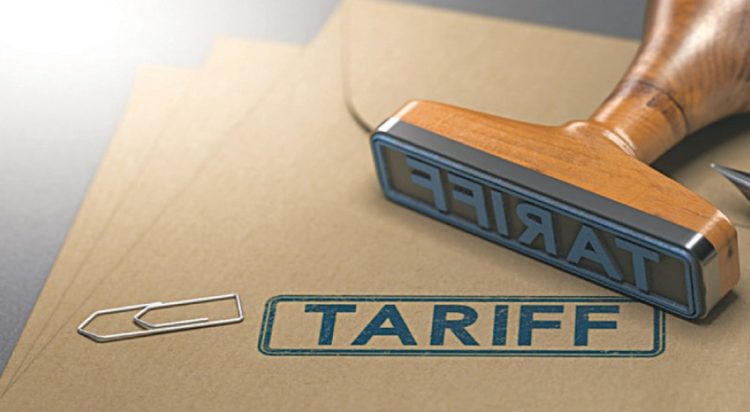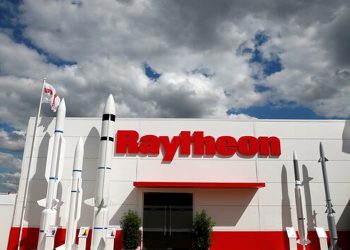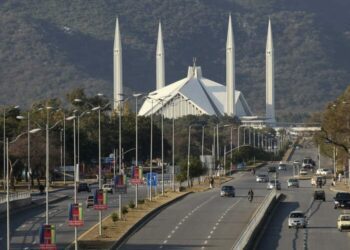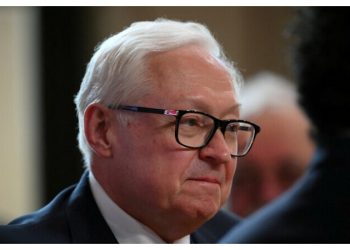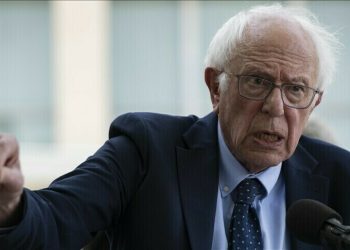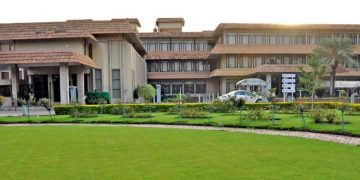The federal government unveiled the draft of the National Tariff Policy (NTP) 2025–30 on Wednesday during the Regulatory Reforms Conference, aiming to rationalizing Pakistan’s tariff regime over the next five years.
The conference, organized by the Board of Investment, aimed to foster high-level dialogue on regulatory simplification, enhancing industrial competitiveness, and formulating an effective strategy to steer Pakistan’s economic direction. The event was attended by federal ministers, diplomats, and prominent representatives from the private sector.
According to a statement issued by the Ministry of Commerce, Special Assistant to the Prime Minister on Commerce, Rana Ehsan Afzal, said that the National Tariff Policy 2025–30 has been designed to establish a stable, transparent, and investment-friendly tariff system that will instill confidence in the business community and enable forward planning.
Rana Ehsan Afzal emphasized the government’s strong commitment to rationalizing Pakistan’s tariff regime, simplifying business processes, and promoting export-led growth.
He further noted that by enabling duty-free access to raw materials, phasing out additional customs duties and regulatory duties, and supporting emerging and green industries, the policy will pave the way for innovation, job creation, and sustainable economic growth.
The National Tariff Policy 2025–30 sets comprehensive reform targets, including the phased elimination of additional customs duties over the next four years and the complete removal of regulatory duties and the Fifth Schedule within five years. Moreover, a simplified tariff structure comprising four slabs (0%, 5%, 10%, and 15%) will be introduced to streamline the customs duty system.
The Ministry stated that the policy is aimed at benefiting key sectors such as textiles, engineering, pharmaceuticals, and IT, while also promoting investment and reducing overall production costs.
Rana Afzal explained that implementation will begin with tariff reductions on approximately 7,000 tariff lines, primarily focused on raw materials and intermediate goods, providing an estimated benefit of Rs200 billion to trade and industry.







